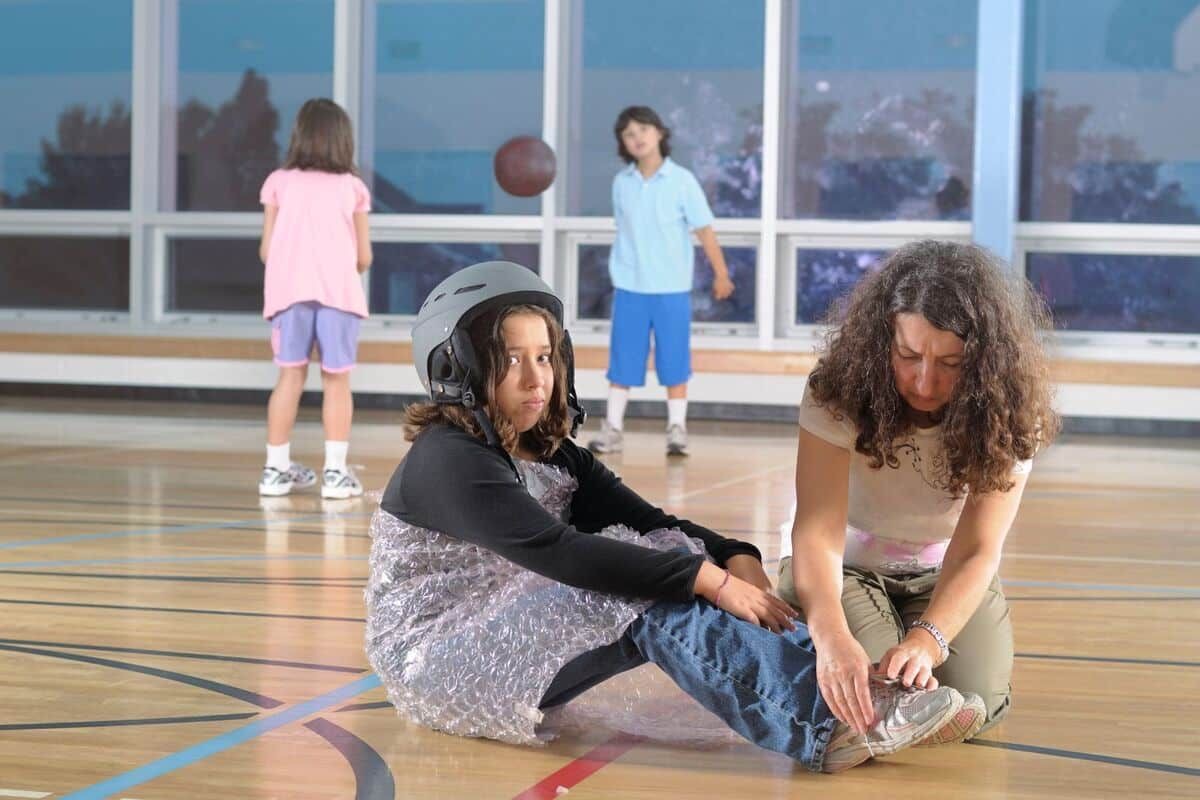What is Hyper Parenting?

In a world that glorifies productivity, modern parenting has quietly shifted toward an intense and often overwhelming approach known as hyper-parenting. This style involves keeping children constantly occupied—through a tight schedule of academics, extracurriculars, and skill-building activities—all in the hope of ensuring their future success.
At first glance, it seems logical: the more your child does, the more they learn and grow, right?
But this belief, however well-intentioned, may be doing more harm than good.
What Is Hyper-Parenting?
Hyper-parenting is a pattern where parents over-schedule, over-monitor, and often over-direct their child’s life. Free time becomes nearly nonexistent, boredom is treated like a problem, and performance becomes a measure of worth.
Psychiatrist Dr. Devashish Palkar, points out that this constant push for structured engagement can actually disrupt a child’s natural emotional development. He says,
“Children need room to grow internally—to make choices, to get bored, to sit with discomfort. Hyper-parenting, while rooted in care, often replaces curiosity with pressure and presence with performance.”
The Hidden Cost of Keeping Kids Too Busy
When children are constantly told what to do, where to go, and how to spend every moment, they gradually lose the ability to listen to themselves. Over time, this can lead to:
- Anxiety and perfectionism
- Fear of failure
- Low self-esteem based on achievement alone
- Difficulty making independent decisions
- Burnout—even in childhood
Dr. Palkar warns that children raised under hyper-parenting often feel trapped between wanting to please their parents and the exhaustion of never feeling “enough.” What looks like high achievement on the outside may mask deep-seated emotional strain.
Why Boredom Is Not the Enemy
One of the most misunderstood emotions in parenting today is boredom. But as Dr. Palkar notes, boredom is not a void—it’s a gateway to creativity and imagination.
When a child says, “I’m bored,” they’re not failing—they’re beginning a process of self-direction. This is where some of the most beautiful developmental moments happen: building forts out of cushions, inventing games, daydreaming, or even just lying quietly, processing their day.
Unstructured time is where a child discovers who they are beyond expectations.
How to Shift from Hyper to Healthy Parenting
Moving away from hyper-parenting doesn’t mean neglecting your child’s needs. It means shifting focus from control to connection, from perfection to presence.
Here are a few mindful steps:
- Leave pockets of unscheduled time in the day.
- Let your child lead their free time, even if it looks unproductive.
- Emphasize emotional well-being over constant performance.
- Let them fail and learn—without rushing in to fix everything.
- Ask them what they enjoy, instead of projecting adult goals onto their lives.
As Dr. Devashish Palkar emphasizes,
“Children don’t need a resume by the age of 10. They need safety, curiosity, and space to make sense of their world in their own way.”
In Conclusion
In trying to give our children everything, we sometimes forget to give them what matters most—time, trust, and freedom. Hyper-parenting, though driven by love, often overlooks the value of silence, stillness, and self-exploration.
It’s okay if your child isn’t always doing something. Sometimes, just being is where real growth begins.



Comments (0)